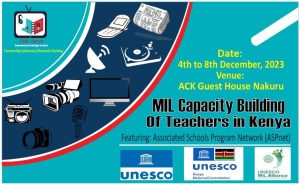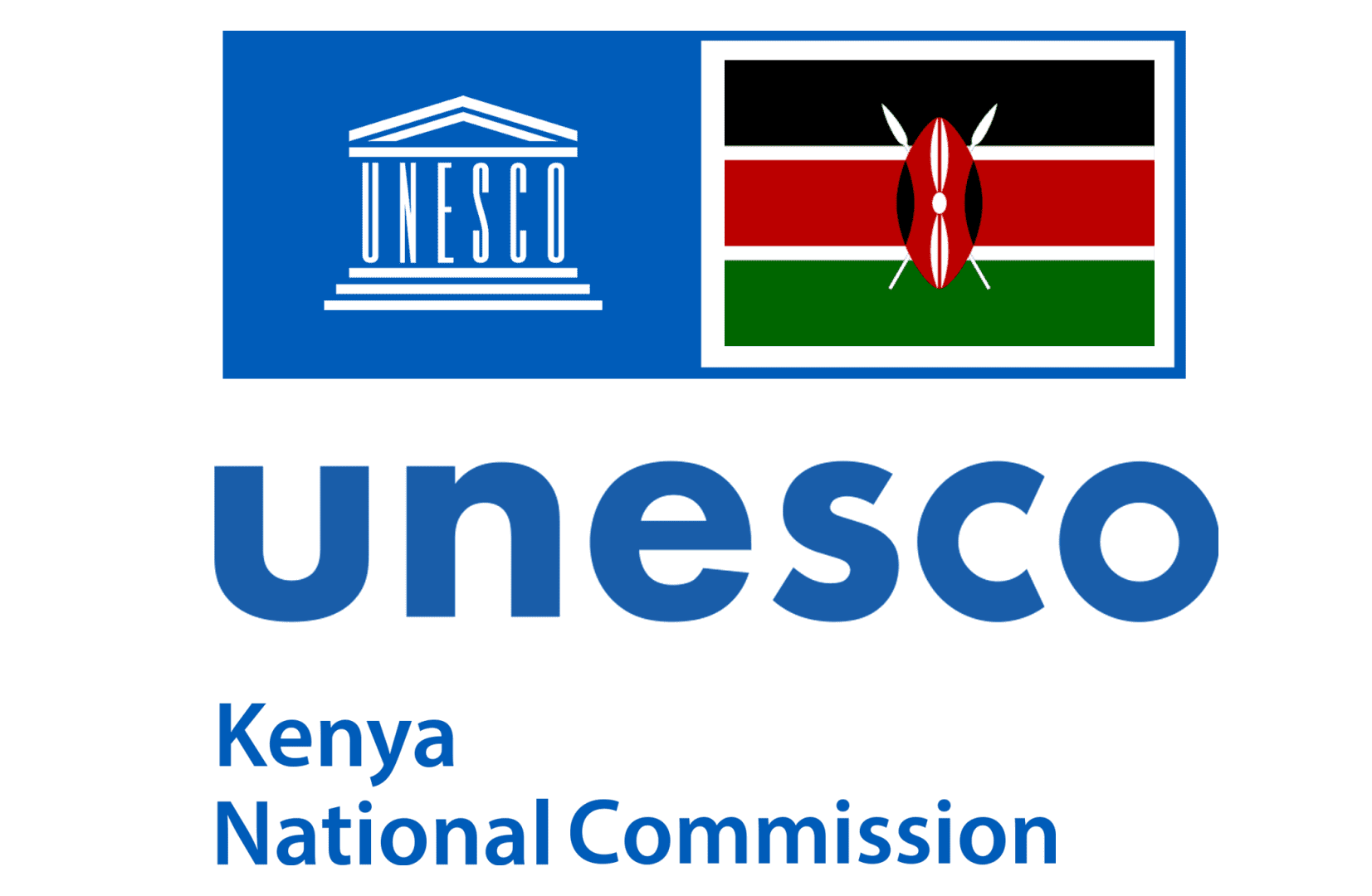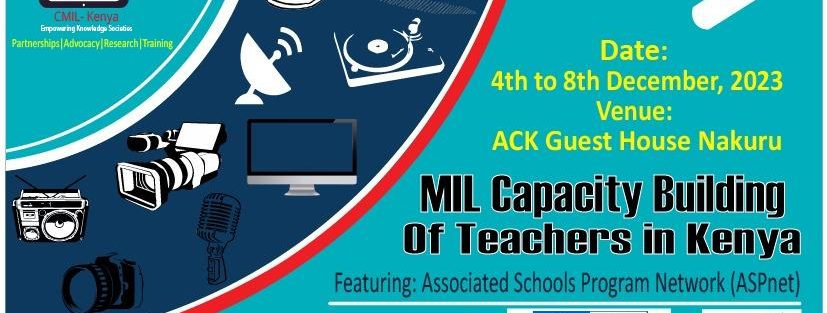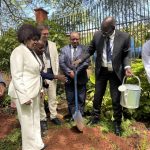Training of ASPnet Patrons on Media and information literacy

During the Pan African Conference on Education held in Nairobi in April 2018, Africa’s education ministers recommended the ‘leveraging of digital opportunities by strengthening the development of digital skills and competencies at all levels through partnerships in support of ICT in education, including adoption of media and information literacy (MIL) and internet safety within curricula’ in what came to be known as the Nairobi Declaration and Call for Action on Education.
This declaration was made against the backdrop of a rapid growth of information and communications technologies on a global scale that has necessitated a redefinition of the traditional concept of literacy to include media and information literacy which equips both teachers and learners with skills to seek, access, evaluate, use and create information not only within the teaching-learning environment, but also informally in their quest to achieve their personal, social and occupational goals.
According to UNESCO, media and information literacy explores the role and function of media and other information providers such as libraries, archives, and the Internet. Therefore, MIL is an important component in an information and knowledge-based society because it encourages and equips citizens with skills to evaluate and use media and other information providers based on how they are produced, the messages being conveyed and the intended audience.
In the education context, MIL has several benefits. First, it is a lever for changes in education using ICTs which can serve to build a bridge between learning that takes place in a physical classroom as well as the digital space. Second, in the teaching and learning process, media and information literacy equips teachers with enhanced knowledge to empower future digital citizens and third, MIL helps to enhance education outcomes by equipping citizens with the necessary competences to participate fully in political, economic, and social life.
In recent years, support for media and information literacy education has grown significantly with education development actors and teacher educators alike advocating for its inclusion in programmes and curricula. UNESCO took the lead in 2011 when it developed the first MIL Curriculum for Teachers (later reviewed and re-published in 2022) to guide the adaptation of MIL to respective local educational and learning contexts among the member states. In 2019, Kenya was among the first countries in Africa to adapt and develop the MIL Curriculum for Teachers in Kenya in a partnership between the UNESCO regional office, the Centre for MIL in Kenya and Kenya Institute of Curriculum Development (KICD).
To add value to the developed MIL curriculum, this collaboration has been extended in 2023 in a skills-transfer project to train more teachers in Kenya under the UNESCO Associated Schools Project Network (ASPnet) managed by the Kenya National Commission for UNESCO.
The Capacity building project to be held on 4th-8th December, 2023 is aimed at strengthening the teachers’ institutional and individual capacities to mainstream media and information literacy within their teaching practices, lesson plans, engagements and participation in local educational and civic activities.


